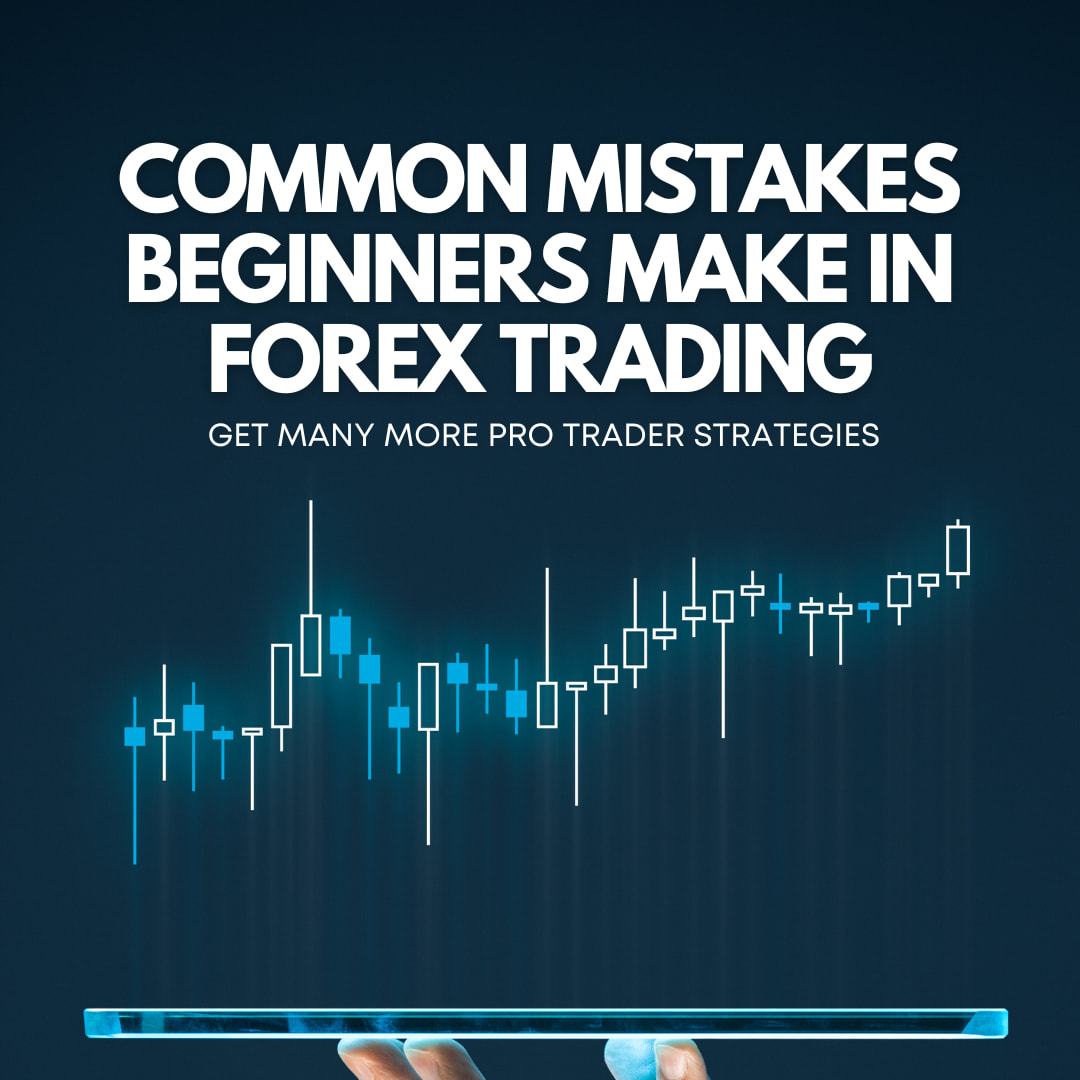Importance of Fast Execution in Forex Trading: A Comprehensive Guide
In the fast-paced world of Forex trading, where every second counts, execution speed can make the difference between a profitable trade and a missed opportunity. Fast execution refers to the time it takes from the moment you place an order until it is executed by the broker, resulting in the desired position being opened or closed in the market. This factor is critical for a variety of reasons, ranging from minimizing slippage to maximizing profits and risk management.
In this article, we will explore the importance of fast execution in Forex trading, how it affects trading performance, and why traders should prioritize it when choosing a broker or trading platform.
1. Minimizing Slippage
Slippage occurs when the price at which a trade is executed differs from the price at which the order was placed. This can happen in fast-moving markets or during high volatility periods, and it can lead to unfavorable price fills. For example, if you place an order to buy a currency pair at 1.2000, but the execution is delayed, the price may rise to 1.2005 before the order is filled, leading to a loss of 5 pips.
Fast execution reduces the likelihood of slippage because it ensures that your trade is executed as close to the price you intend, even during volatile market conditions. This is especially important for scalpers and day traders who rely on small price movements and need precise entry and exit points.
2. Capturing Quick Market Movements
Forex markets can be highly volatile, with prices fluctuating rapidly, even within a matter of seconds. For traders who engage in short-term trading strategies like scalping or momentum trading, fast execution is essential to capture these swift price movements. In such strategies, waiting even a few seconds could result in missing an opportunity, causing traders to either lose profits or experience a more significant loss.
For example, if a trader is following a news release or an economic report, the market can react almost instantaneously. A delay in execution could cause the trader to enter the market at a less favorable price, which can impact overall profitability.
3. Enhancing Scalping Strategies
Scalping is a popular Forex trading strategy that aims to make small profits from quick, frequent trades. Scalpers depend heavily on fast execution to open and close positions in milliseconds. Since scalpers typically trade with a high number of positions and use tight stop-losses and profit targets, even a minor delay in execution can erode potential profits.
A delay in order execution could cause a trader to miss the optimal entry point, resulting in a lower profit or higher loss, which directly affects the overall success of the strategy. Thus, fast execution is vital for scalpers to maintain profitability and implement their strategies effectively.
4. Effective Risk Management
Fast execution also plays a crucial role in risk management. Traders often use stop-loss orders to limit their potential losses on a trade. In volatile markets, if execution is slow, the stop-loss may not be triggered at the intended price, and the trader might experience a larger loss than anticipated.
Similarly, take-profit orders rely on quick execution to secure profits at a predefined price level. If execution is delayed, traders may miss out on their desired exit point, resulting in profits being smaller than expected. Fast execution ensures that both stop-loss and take-profit orders are filled accurately, helping traders manage their risk more effectively.
5. Minimizing Order Rejections
Order rejections occur when a broker is unable to execute an order due to market conditions, such as a price gap or lack of liquidity. This can happen if the market price moves too far from the order price in a very short amount of time. While order rejections can happen with slower execution, brokers that offer high-speed execution are less likely to reject orders, as they can keep up with rapid market changes.
A quick and efficient order execution system can significantly reduce the likelihood of order rejections, allowing traders to maintain their positions and execute their trades when needed.
6. Access to Better Pricing
Fast execution also helps traders gain access to the best available prices. Brokers who provide high-speed execution have a better ability to offer competitive spreads and price feeds from multiple liquidity providers. This means that traders can secure better prices when entering or exiting positions, increasing the potential for profits and reducing the cost of trading.
In markets where liquidity is lower, such as during off-hours or during major news releases, fast execution ensures that traders are able to enter and exit trades at prices as close to the market price as possible, minimizing the risk of unfavorable price movements.
7. Gaining a Competitive Advantage
In Forex trading, where large institutions, hedge funds, and experienced traders operate, the ability to react quickly to market movements is a significant advantage. Retail traders who prioritize fast execution can compete on a level playing field with institutional traders, allowing them to capture opportunities that others may miss due to slower execution.
Additionally, algorithmic trading and high-frequency trading (HFT) rely heavily on fast execution to analyze and execute thousands of trades per second. Retail traders who use automated trading systems or bots can also benefit from fast execution, ensuring their systems operate optimally and execute trades based on pre-set algorithms.
8. Improved Trading Psychology
Trading psychology is a critical factor in determining a trader’s success. Fast execution helps reduce the emotional stress of waiting for a trade to be filled or hoping that the market will move back in the trader’s favor. Slower execution often leads to anxiety, doubt, and frustration, which can cloud judgment and negatively affect decision-making.
When a trader knows their orders will be executed quickly, it allows for a more focused mindset, which in turn improves trading discipline and enhances overall performance. Fast execution minimizes uncertainty, allowing traders to stick to their trading strategies and manage their emotions more effectively.
9. Choosing the Right Broker for Fast Execution
The broker you choose can significantly affect the speed of your order execution. Here are some factors to consider when selecting a broker with fast execution:
- Execution Type: Brokers offer different types of execution models, such as market execution, instant execution, and ECN execution. ECN brokers are generally known for providing the fastest execution times because they connect traders directly with liquidity providers.
- Latency: Latency refers to the delay between placing an order and the time it is executed. A broker with low latency is better equipped to provide fast execution. Check for brokers who use advanced infrastructure and technology to minimize latency.
- Order Types and Slippage: Ensure that the broker provides options for limiting slippage or offers guaranteed stop-loss orders, which can protect you from larger-than-expected losses in volatile markets.
- Liquidity Providers: Brokers who offer direct access to multiple liquidity providers can ensure faster and better price fills, reducing the impact of slippage and improving overall execution speed.
Conclusion
Fast execution is essential for achieving success in the fast-paced and volatile world of Forex trading. It minimizes slippage, enhances the effectiveness of trading strategies like scalping, improves risk management, and ensures that traders can capture market opportunities without delay. A broker with high-speed execution capabilities provides a competitive edge for traders, allowing them to enter and exit trades swiftly, thus increasing the potential for profits.
If you’re serious about trading Forex and want to maximize your trading efficiency, ensure that you choose a broker with a strong reputation for providing fast, reliable, and low-latency order execution. Speed in execution isn’t just a luxury—it is a critical component of a trader’s success in the Forex market.




